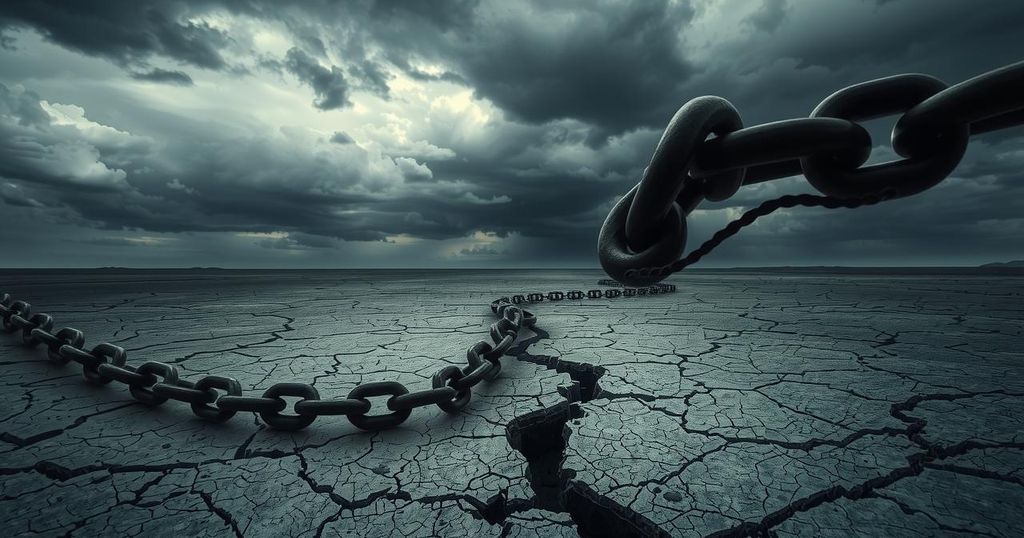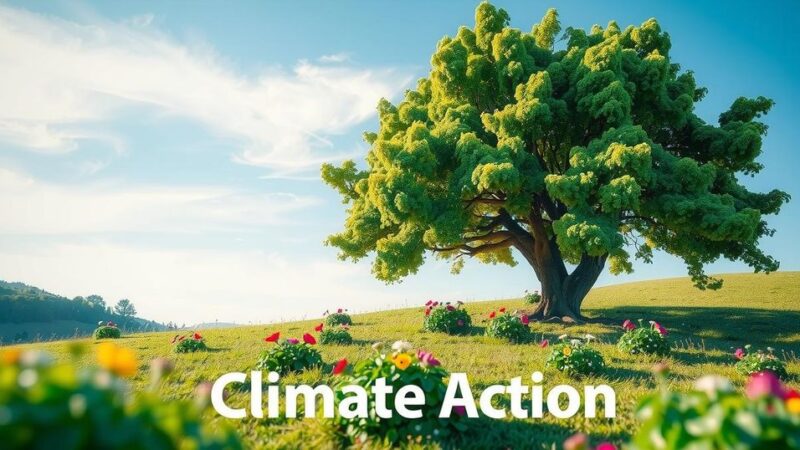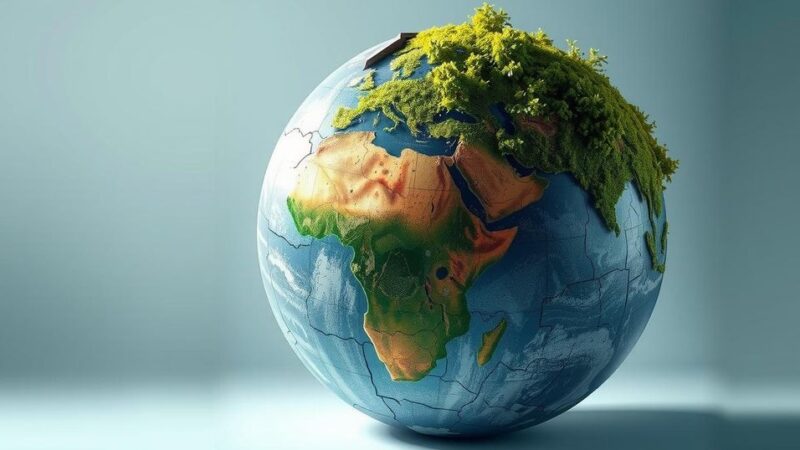Extreme weather events driven by climate change are increasing the vulnerabilities that lead to modern slavery in Africa. With an estimated 7 million individuals affected on the continent, particularly in nations like Eritrea and Mauritania, factors including poverty and displacement are heightening risks. Comprehensive legal frameworks and integrated responses to climate change can help mitigate modern slavery’s prevalence.
Modern slavery, encompassing practices such as forced labor, human trafficking, and descent-based slavery, poses a significant challenge in Africa. According to the International Labour Organization, approximately 50 million people are trapped in modern slavery, with about 7 million located in Africa. This issue is particularly pronounced in countries such as Eritrea, Mauritania, and South Sudan, where forced labor in various sectors—particularly agriculture, mining, and domestic work—is prevalent.
Climate change exacerbates existing vulnerabilities and socio-economic disparities, making communities more susceptible to exploitation. Extreme weather events, such as flooding and drought, lead to the loss of livelihoods and increased displacement. In turn, these difficulties create fertile ground for human traffickers and organized crime, who take advantage of the vulnerable populations.
Moreover, families facing economic pressures may resort to marrying off their children in exchange for dowry, further perpetuating modern slavery practices. Human trafficking linked with these economic hardships has been evident in countries like Ghana, where migration exacerbates labor exploitation, particularly for women and girls.
To combat modern slavery in Africa, several measures must be implemented: 1. Governments need to adopt and enforce strict anti-slavery laws aligned with international standards, such as the ILO Forced Labour Convention. 2. Regional and international collaboration should be fostered to address the transnational nature of modern slavery. 3. Awareness campaigns must be launched to educate vulnerable communities about the risks. 4. Efforts to eradicate poverty and inequality are essential to reduce exploitation risk.
Additionally, national climate policies should integrate measures to combat modern slavery. These policies must go beyond environmental goals to consider the socio-economic impacts of climate change on vulnerable populations. Lastly, companies in the renewable energy sector must conduct rigorous human rights due diligence to mitigate risks of modern slavery within their supply chains.
Modern slavery remains a pressing issue in Africa, exacerbated by climate change, which intensifies pre-existing vulnerabilities. Addressing this challenge necessitates comprehensive legal frameworks, greater international cooperation, proactive awareness initiatives, and integrated climate strategies. By acknowledging the connection between climate issues and modern slavery, efforts can be prioritized to protect the most vulnerable populations.
Original Source: theconversation.com






